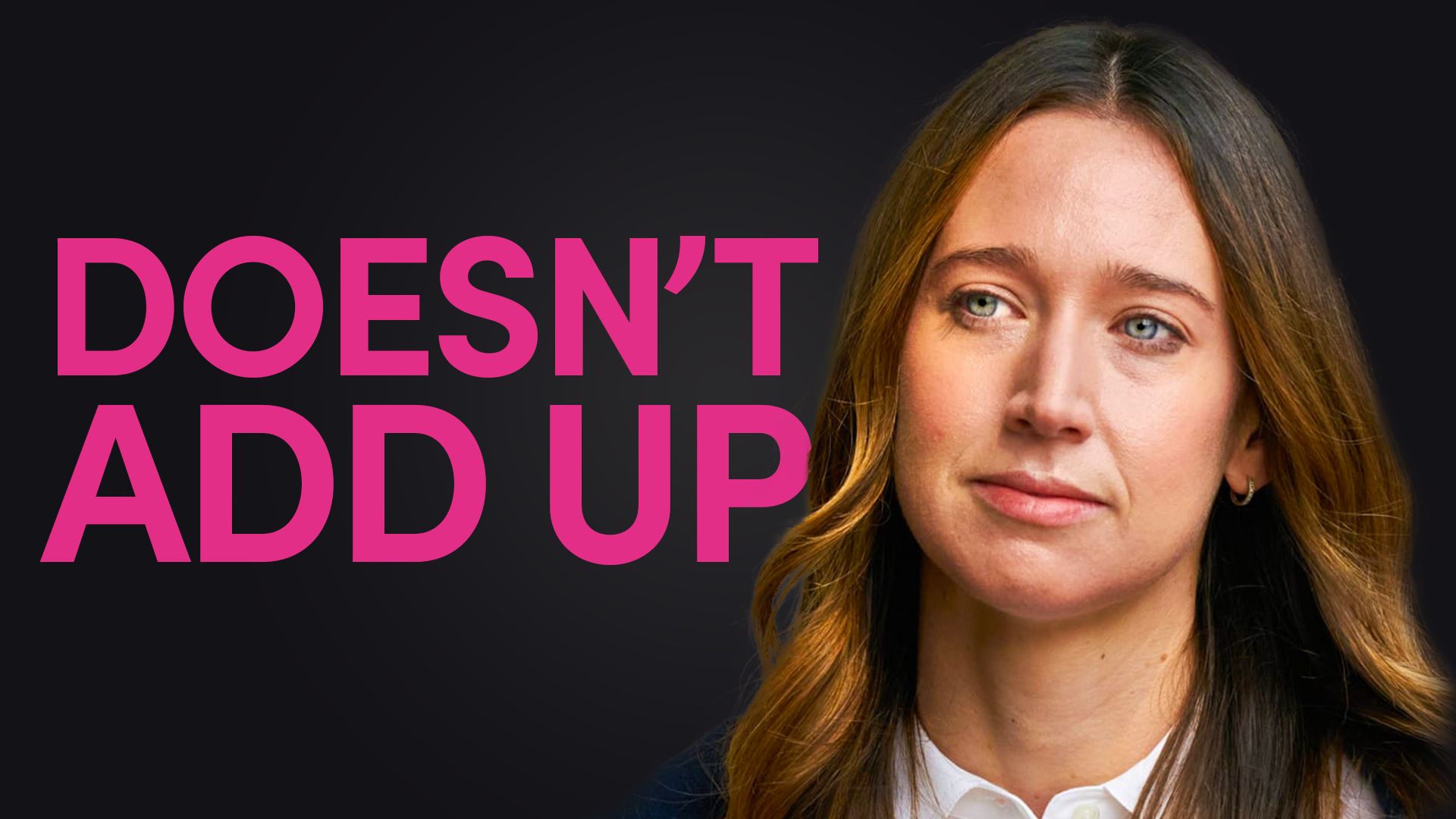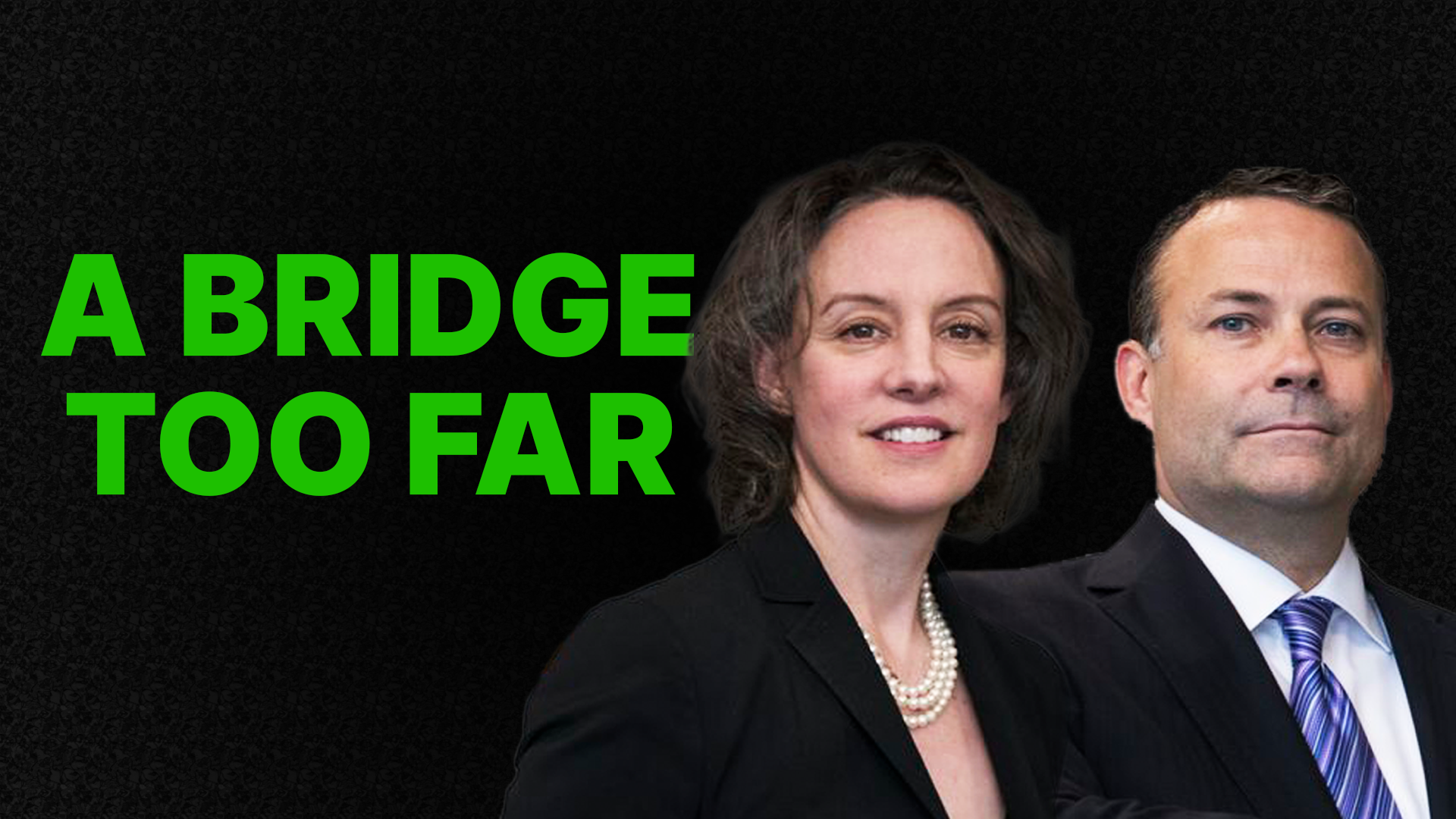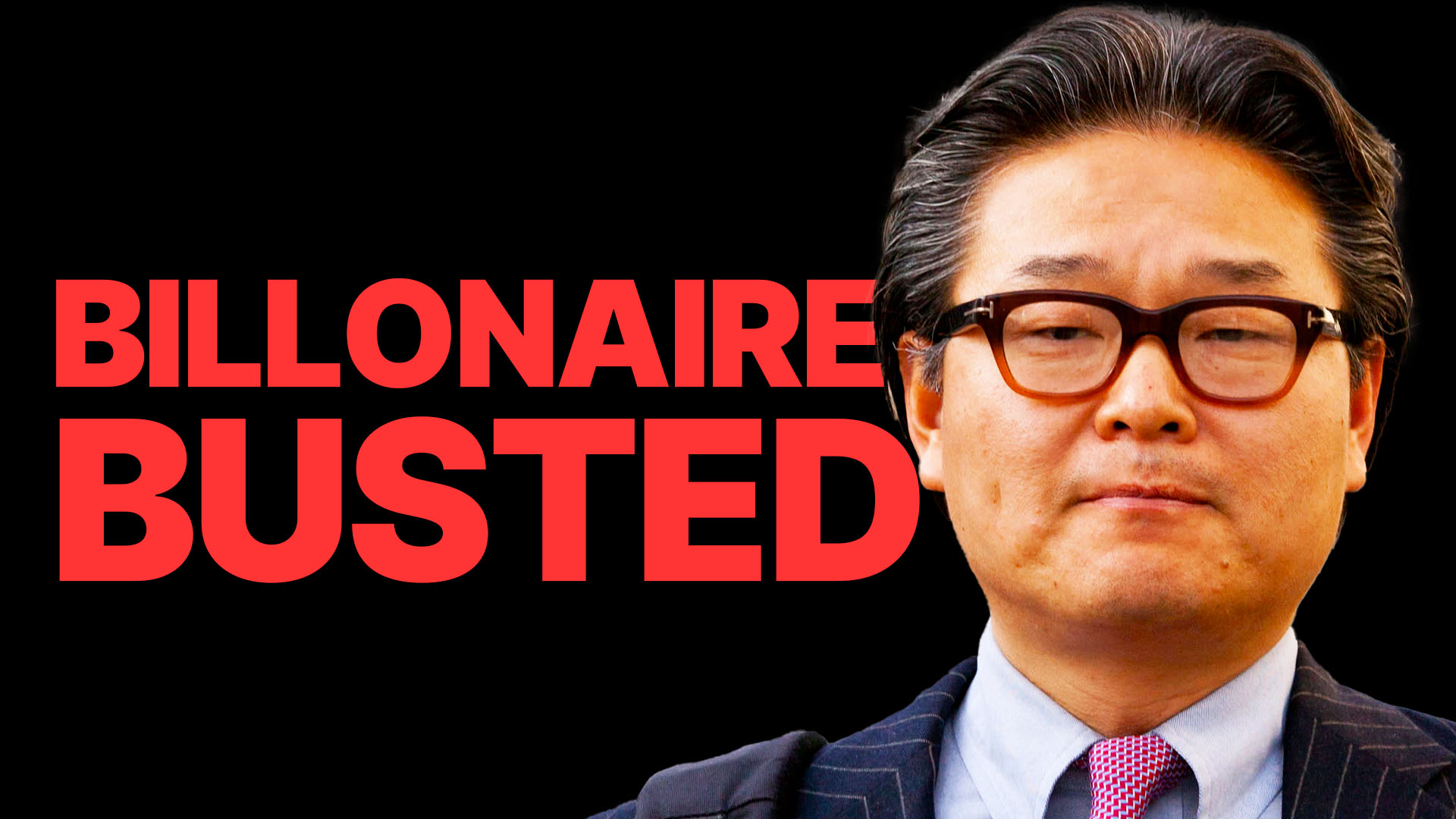Charlie Javice is accused of willfully misleading JP Morgan Chase into acquiring her student financial aid company, Frank. Javice founded the company in 2016 after graduating from Wharton. It was meant to help American students seeking financial aid for loan applications by making it easier to file financial aid forms and deliver billions in savings to those who needed money for college, but her story didn’t add up right from the start. For one thing, Javice claimed the idea had come to her after she struggled with her own student loan applications, but government financial aid is not typically available to someone from a wealthy family like Javice’s, and that’s just one of the many outlandish claims made by the young entrepreneur at the center of this FinTech fraud scandal.
In 2019, Javice claimed that American College students left $40 billion in financial aid on the table every year. The respected student aid expert, Mark Kantrowitz, said the statement was woefully inaccurate. He went on to say that quote, “Frank did nothing that would’ve affected the amount of aid the students would have received had they filed the FAFSA on their own,” end quote. Meanwhile, Javice continued to quote unsupported figures about the aid Frank users had received. In 2020, Congress called on the FTC to investigate what it labeled deceptive practices and issue a restraining order. Lawmakers didn’t believe the tool made it easier for students to get funds and suspected it was just a way for Frank to obtain and exploit students’ data for profit. The FTC sent Frank a warning letter that it’s quote, “Purported assistance to students consists primarily of providing a form letter that may lack the information a student would need to apply for one of the grants from his or her school,” end quote. A December 2017 opinion piece Javice wrote for the “New York Times” entitled “The Eight Most Confusing Things About Fafsa” contained numerous errors about the FAFSA process that Frank ostensibly made less challenging and required an eight-sentence correction. Public statements about the number of Frank users seemed suspect. In November 2018, the site said it had helped 300,000 families access more than $7 billion in aid. Javice reiterated the 300,000 figure for a couple of years before she started claiming in January 2021 that Frank had assisted more than 4 million students. Somehow these red flags were ignored, and Javice continued to promote Frank using her family’s wealth and connections to her advantage. She was a media darling, able to make audacious claims that no one seemed to fact check.
Some of her statements could have easily been dispelled, but it seems the whole story was too good to pass on or to be true. Javice sought out JP Morgan and pitched Frank to them in 2021 by highlighting the number of users, which the bank would undoubtedly see as potential future clients. When JP Morgan asked for proof of Frank’s user base as part of their due diligence, Javice balked, saying privacy violations prohibited her from divulging this information, but JP Morgan needed the user data before it would agree to any deal, so she allegedly created a list of fake users, including names, addresses, dates of birth, and other personal information for 4.265 million non-existent students. She allegedly did so with the help of a data professor after an employee questioned and refused the data manipulation request originally directed their way. Email records that are part of the JP Morgan lawsuit against Javice show a Frank engineer questioned her over the request to fabricate data. She responded that she didn’t think anyone would end up in an orange jumpsuit over it.
After Javice produced the user data, Frank and JP Morgan reached $175 million deal. Javice got $21 million for her equity stake, a position as managing director at JP Morgan and a $20 million retention bonus, but as soon as JP Morgan sent their test marketing emails to 400,000 Frank customers, it was shocked to discover that only 28% were deliverable. JP Morgan’s usual delivery success rate is 99%. The bank quickly shut down the website and wrote off the entire investment. JP Morgan accused Javice of fabricating the vast majority of the platform’s claimed users and declared that Frank likely only ever had 250,000 users. It is also alleged Javice transferred millions of dollars to a shell company after they discovered the fraud. Javice is counter suing, claiming JP Morgan is trying to cover up their own misconduct with plans to monetize information from students who submitted FAFSAs, which violates federal regulations, but in addition to the JP Morgan suit, Javice has now also been criminally charged by Manhattan federal prosecutors with conspiracy, wire fraud affecting a financial institution, and bank fraud, each of which carries a maximum sentence of 30 years in prison if convicted. She was also charged with securities fraud, which carries a 20-year maximum sentence. Javice has pleaded not guilty to the criminal charges. She has been free on $2 million bail since her first court appearance. Her trial date has been set for October 2024. The JP Morgan suit has been put on hold while the criminal case moves forward.





